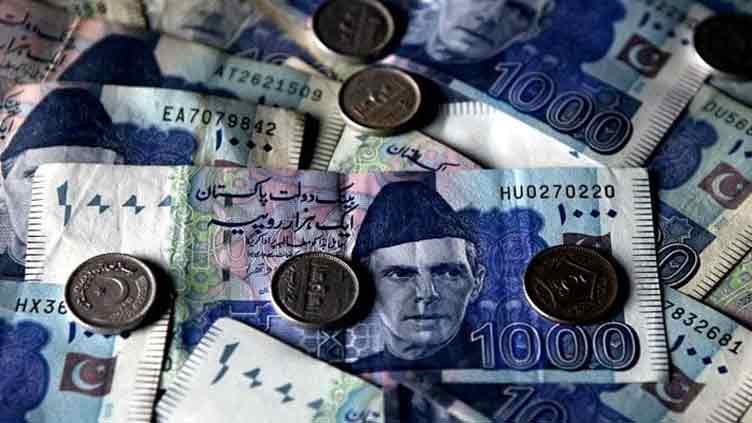Govt working on retirement, pension reforms

Business
Azam Nazeer Tarar says move to cover all institutions which will be taken into confidence
- Aurangzeb says further burdening existing taxpayers isn't sustainable, improving abysmal is the only choice
- Finance minister also expresses his confidence about interest rate cuts in the coming months amid a persistent decline in inflation
ISLAMABAD (News Desk/Dunya TV) – The government on Tuesday said work was in progress for retirement and pension reforms which would be applicable to all the institutions – a move that is expressing Islamabad’s desire to reduce government spending for controlling budget deficit.
Addressing a press conference after a federal cabinet meeting, Law Minister Azam Nazeer Tarar said Pakistan had a large number of government employees and the country could not afford the current level of expenditure.
Pension and retirement reforms would be introduced by taking all stakeholders – different institutions including judiciary and military – into confidence and the government wasn’t going for anything controversial, the minister said.
Read more: Pakistan means business, aid no more a focus: Musadik Malik
Speaking on the occasion, Information Minister Attaullah Tarar said pension was a huge burden and explained that the government had sought suggestions from different stakeholders so that an effective policy could be formulated.
“We are moving towards boosting revenue generation and reducing [government] expenditures,” he said, at a time when an International Monetary Fund (IMF) mission is expected to arrive in Pakistan next week to hold talks on a new programme under the Extended Fund Facility (EFF) and climate financing.
IT ISN’T SUSTAINABLE
Stressing the need for tax reforms, Finance Minister Muhammad Aurangzeb said the country could not move forward with a dismal tax-to-GDP ratio of 9 per cent, as he highlighted the fact that other nations had a much higher percentage of taxpayers, unlike Pakistan where very few people were in the tax net.
“You can run educational institutions and hospitals with charity, but not a country,” he remarked, as he reminded the audience about affluent people spending money for charity purposes, but avoiding to pay their due taxes.
Read more: Improve tax collection or we will need another IMF package: Aurangzeb
Further burdening the existing taxpayers like the salaried wasn’t sustainable, said Aurangzeb, as he stressed the need for expanding the tax base and improving the tax-to-GDP ratio to around 15 years in the next three to four years.
The first phase of retailers’ registration was voluntary, he said, showing that the government may go for strict actions soon to bring the lucrative retail sector into tax net.
INTEREST RATE CUTS
The finance minister also said that the interest rates would be slashed in the coming months as inflation was a decline consistently – a reference to the consumer price index (CPI) for April dipped to 17.3pc which is lowest since May 2022.
It would boost economy activity in the country by incentivising investment by private sector, Aurangzeb noted, as Pakistan’s economy has been crippled for years amid skyrocketing cost of doing business.
At the same time, Aurangzeb also talked about improvement in investors’ confidence and a stronger rupee which, he said, were pointing to growing economic stability.
With the finance minister assuring the reporters of rate cuts in June, July and August, all eyes will now be on the State Bank of Pakistan’s Monetary Policy Committee, which is scheduled to meet on June 22.
The Pakistan Stock Exchange is already moving up since the release of latest CPI figures, showing a reduction for the fourth consecutive month, and the latest remarks will certainly help the market further gains.
IMF PROGRAMME
Aurangzeb said an IMF mission would reach Pakistan this month as the two sides were set to have a dialogue for longer and bigger package under EFF as well as climate financing.
The minister, however, added that the government was mulling over the size and duration of the next IMF programme and would reach a decision during the talks.
At the same time, he noted that Pakistan was used to remain limited to the IMF despite the fact that there were other international financial institutions as well.



